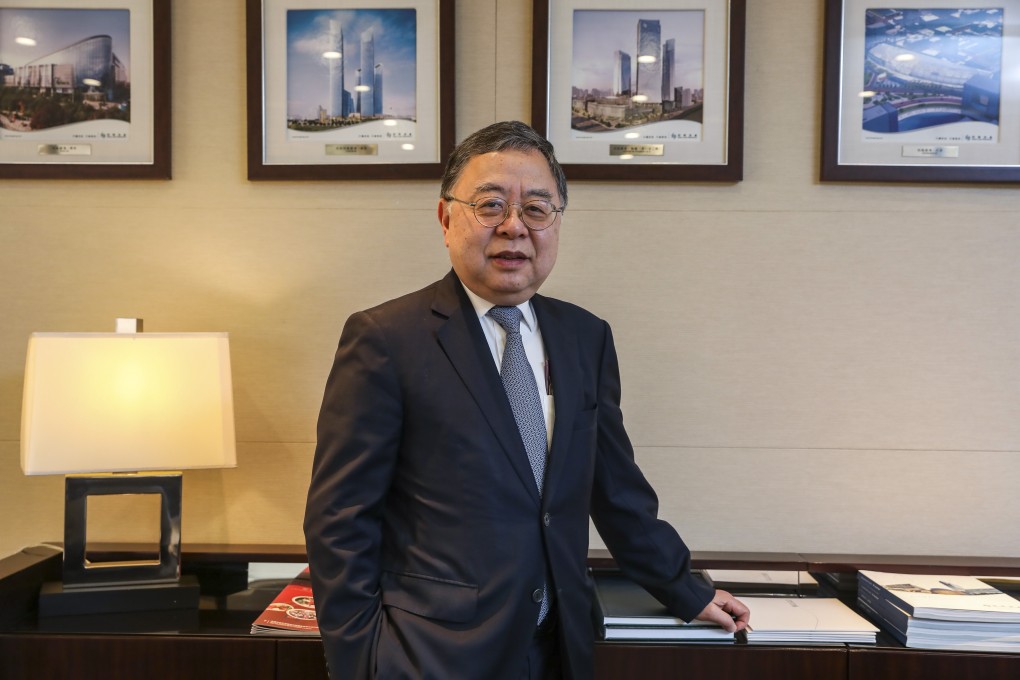Hong Kong’s red-hot housing market will cool down as pro-government Legco gets to increase land supply, says Hang Lung Properties’ Ronnie Chan
- The national security law and electoral reforms meant laws aimed at increasing the amount of land available for development now faced an easier path to approval, according to the outspoken tycoon
- Chan blamed the city’s famously unaffordable house prices on opposition politicians paralysing the passage of laws that would have eased the situation

“Hong Kong will make more land supply available in the next five to 10 years to maintain reasonable home price increases as we have seen a fundamental change in the city with the national security law and the Legco electoral reforms,” said Chan at the company’s interim results briefing on Thursday.
Chan said that the city’s famous runaway home prices are not the result of any actual shortage of land. Rather, they had been caused by opposition politicians paralysing the passage of laws that would have eased the situation.
“[For example], the government has proposed the development plan for the North East New Territories, aimed at developing the country park and reclaiming land in remote areas, but all possible discussions got stuck at the Legco,” said Chan.
Hong Kong’s housing market has regained its footing after the street protests of 2019 – which led to the passing of the security law – and the coronavirus crisis of 2020 to resume its bull run, as the trillions of dollars of low-interest capital unleashed by global central banks have found their way into fixed assets.
Home prices increased 3.3 per cent in the first six months of this year, and JP Morgan expects them to rise by 5 per cent to 10 per cent for the full year.